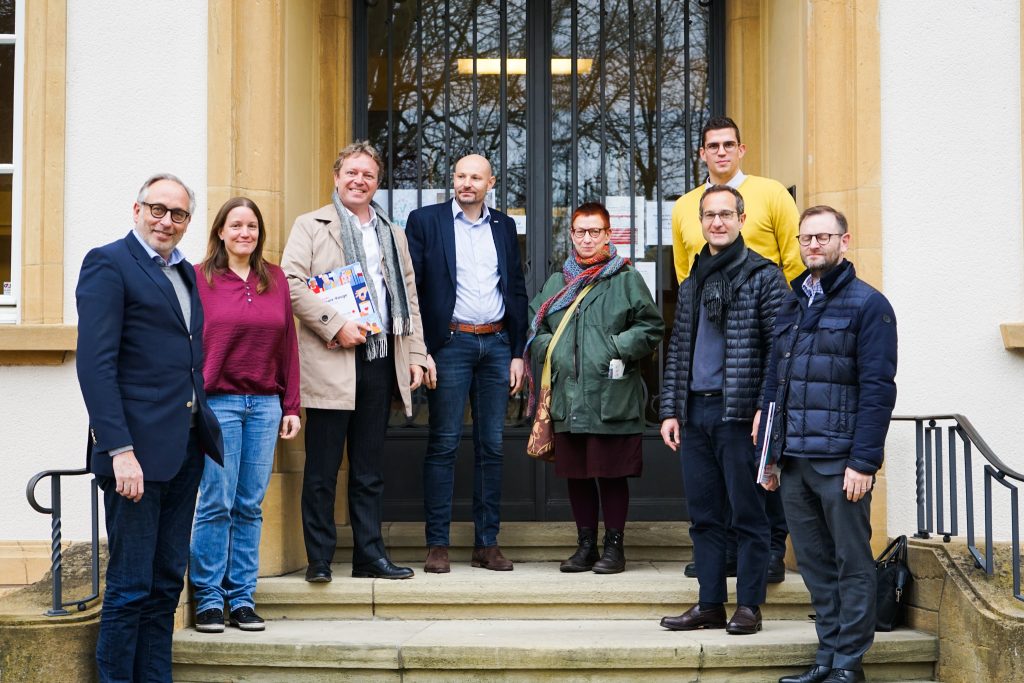05 July 2022

The pandemic has hit the most vulnerable people the hardest, and the impact is still being felt among communities across the country. Through the Barclays COVID-19 Community Aid Package, the Luxembourg Red Cross has received support for its Social Helpline and the Solidarity Fund.
Since 2020, the organisation has distributed more than twice as much aid to people in need, and the donation is being used to increase the capacity of its intervention programmes.
The Social Helpline informs, guides, and supports those in need of short and medium-term social or humanitarian aid. It is the first point of contact for people who no longer know where to turn to solve their problems. Its team, after listening to the people concerned, directs them to the services best suited to meet their needs, whether operated directly by the Red Cross or by other actors. In the variety of situations dealt with, it may happen that no support mechanism exists. This is when the Solidarity Fund comes into play.
The Solidarity Fund provides financial support to vulnerable individuals and families. Exclusively financed by donations, it enables action to be taken when the difficulties encountered are not, or not sufficiently, covered by the usual support mechanisms. Marc Josse, Head, Social Helpline, Luxembourg Red Cross, sums up its usefulness as follows: “The Fund is a tool for rapid intervention when there is no other appropriate aid system. Its strength lies in its flexibility: we look at the specific needs of the people who contact us and work with them to help them through this difficult time.”
Snorre Tysland, Barclays, said: “We are proud to support Luxembourg Red Cross as they deliver vital help to people most impacted by the pandemic. We are delighted that our partnership is making a meaningful difference to vulnerable communities by providing them with the guidance and support they need.”
In 2021, more than 300 people were supported by the Solidarity Fund. “The profiles are varied, but we are seeing more and more young people, often students, who used to manage their budget with temporary work or jobs in the restaurant industry. With Covid, a large proportion of these casual jobs have disappeared,” explains Marc Josse. “We can clearly see this in the evolution of our interventions between 2020 and 2021: we have more than doubled the volume of our interventions in one year, with more than 320,000 euros of aid granted. And we see no reason to believe that the pace will slow down in the coming months.”